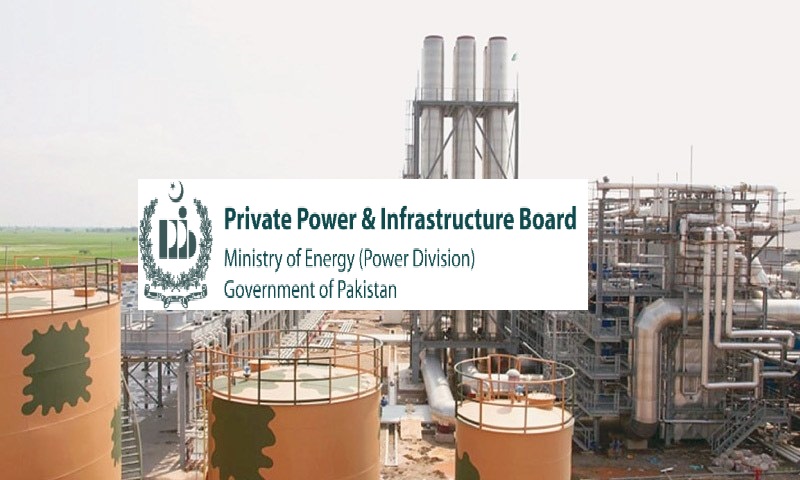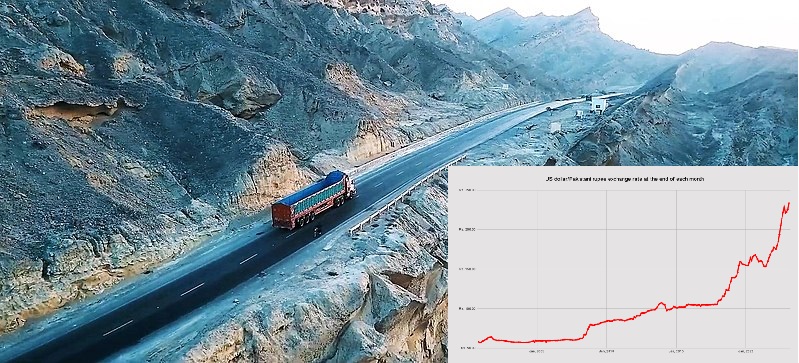
Copping With The Economic and Industrial Crisis Due To IPPs

Under the IMF program for Pakistan, the recent drastic increase in electricity prices has turned using electricity into a nightmare for both industries and household consumers. The root cause of this situation dates back to the 1990s when the nation took shortcuts to address the electricity shortage, resulting in a heavy burden on the nation.
Now, neither can we move forward, nor can we stay in place. Household consumers cannot afford to pay bills that exceed their total income, and industries cannot compete in the market with these high electricity prices, leading to the shutdown of businesses.
Every government since the early 90s has played a role in nurturing this problem. Initially, agreements were made with a time limit after which the rates were supposed to decrease, but subsequent governments, especially Musharraf's, allowed them to continue without changes.
The Nawaz League government filed a case against the illegal charges, but the relevant minister was dismissed. During the PTI government, the Prime Minister raised the issue of 35 trillion rupees, but political influences prevented any action. As a result, the clause for reducing tariffs was removed from the contracts.
The Independent Power Producers (IPPs) are exploiting the nation in three ways: first, through capacity payments in the initial agreements, even non-operational plants are earning billions; second, by repeatedly increasing electricity rates; third, the old power plants from the 1950s are inefficient, consuming excessive fuel and producing little power, leading to an additional 24 rupees per unit charge.
The Energy Minister's stance that we are bound by agreements is incorrect; no law permits unilateral exploitation. Agreements should be honored, but not robbery. The government must free the nation from this exploitation.
Even the IMF has suggested ending capacity payments. We believe not only capacity payments but all old thermal units should be shut down. Without revising agreements with IPPs, the country cannot progress.
Federal Energy Minister Owais Leghari has hinted at revisiting IPP contracts. He mentioned that they are reviewing current contracts and will terminate those not in our favor to relieve the public burden. He also stated that we cannot act unilaterally on these agreements since the government has given guarantees to the IPPs.
Former caretaker minister Gohar Ejaz emphasized that the federal minister should reassure the nation regarding IPP contracts before any new privatization. He noted that in the past two years, less than 50% of the 23,400 MW IPP capacity was utilized.
He highlighted that even though imported coal-based IPPs operated at less than 25% capacity, they still charged full capacity payments of 692 billion rupees, while wind energy operations, working at less than 50%, charged an additional 175 billion rupees per unit.
This situation is a national tragedy, as these contracts have cost the Pakistani people 2 trillion rupees annually. Last year, electricity worth 1,198 rupees was purchased from IPPs, but 3,127 billion rupees were paid.
The Asian Development Bank's outlook on Pakistan's economic situation is not encouraging. According to the bank, inflation will not fall below 15% this fiscal year, and economic growth will be limited to 2.8%. For the next 10 years, Pakistan's economy will grow at half the rate of other countries in the region and will rely on debt during this time.
This report should be a wake-up call for the government. Merely estimating targets will not achieve economic goals. Current government policies do not promote the industrial or agricultural sectors. With the current electricity rates, it is becoming impossible to keep the industrial sector running, leading to the closure of small and large industries due to unbearable energy costs.
Only if the industrial sector runs smoothly will new job opportunities arise for the public, reducing the impact of inflation through increased purchasing power.











